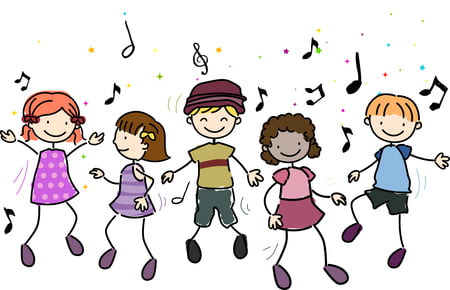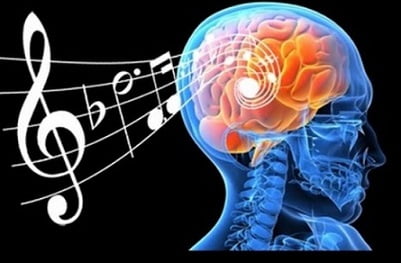Music classes for kids at TCIS always brings out the music talents among students and encourage them to enroll as the school is fortunate to have best music teachers.
“Music very much has a way of enhancing quality of life and can, in addition, promote recovery.”
It’s almost impossible to find someone who doesn’t feel a strong connection to music. Even if you can’t carry a tune or play an instrument, you can probably reel off a list of songs that evoke happy memories and raise your spirits. In the past few decades, music therapy has played an increasing role in all facets of healing. Music can evoke emotional responses to relax or stimulate people or help them heal.
Therapeutic impact of music
Research has shown that listening to music can reduce anxiety, blood pressure, pain as well as improve sleep quality – yes know “how much sleep does a child need?“, mood, mental alertness, and memory. Music Therapy is a great medium to understand and identify many of the factors that trigger mental disorders. Music therapy, in particular, can be used as a form of guided meditation where in the patient is able to enter a parallel state of consciousness, identify hidden problems and solve them from the root by engaging the stimuli in the brain.
Therapists who employ music as a form of treatment involves a variety of tools such as playing instruments in music clubs, guided imagery, humming noises or even writing songs to solve conflicts. Thus, music therapy effectively helps people of all ages (even tone-deaf people) deal with health problems.
Music to treat pain and reduce stress
Music improves the body’s immune system function and reduces stress. Listening to music was also found to be more effective than prescription drugs in reducing anxiety before surgery.
Listening to and playing music increases the body’s production of the antibody immunoglobulin and natural killer cells — the cells that attack invading viruses and boost the immune systems effectiveness. Music also reduces levels of the stress hormone cortisol.
Why is Music Education in Schools Important?

- Here are five reasons why Music classes (education) in schools is important:
- Music stimulates brain development in children as they grow.
- Music is a way to connect with other people
- Music integrates many different subjects
- Music teaches discipline
- Music can relieve stress
Benefits of music therapy

Our brains are developed at an early age to respond or process to melodies. A lullaby sung to an infant, music that mothers to be are exposed to helps soothe and calm the baby. It is a powerful medium to distract our mind, body and the brain, alter our mood and also influence behaviour. If used in the correct way, music can make our life a heavenly experience.
By removing the negative energy, music / music classes also helps people concentrate better. It is often used by doctors during medical procedures as well. Healing centres also surround people with calming sounds or noises to make them feel at ease and to have a good Mental Health. There are some tips – you can keep your child’s brain healthy.
Music therapy can solve cognitive knots
In such ways, music therapy can solve cognitive knots or deficiencies in the brain. When we listen to music, the muscles in the body react quickly to the beat in an automated manner, without having to think. Listening to or singing musical notes uses the same neural connections which are used while speaking. Hence, music education can effectively help children in their developing age communicate better or stroke patients to talk again. Music therapy has also been used to treat depression, autism, Asperser’s syndrome, and even post-cognitive stress disorders.
Music is one of the most universal ways of expression in human life. Music is present in the everyday lives of people of all ages and from all cultures around the world. Music represents an enjoyable activity in and of itself and its healing touch has a positive impact on mankind.
Author: Ms. Subashini R
Faculty, TCIS






